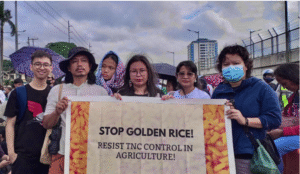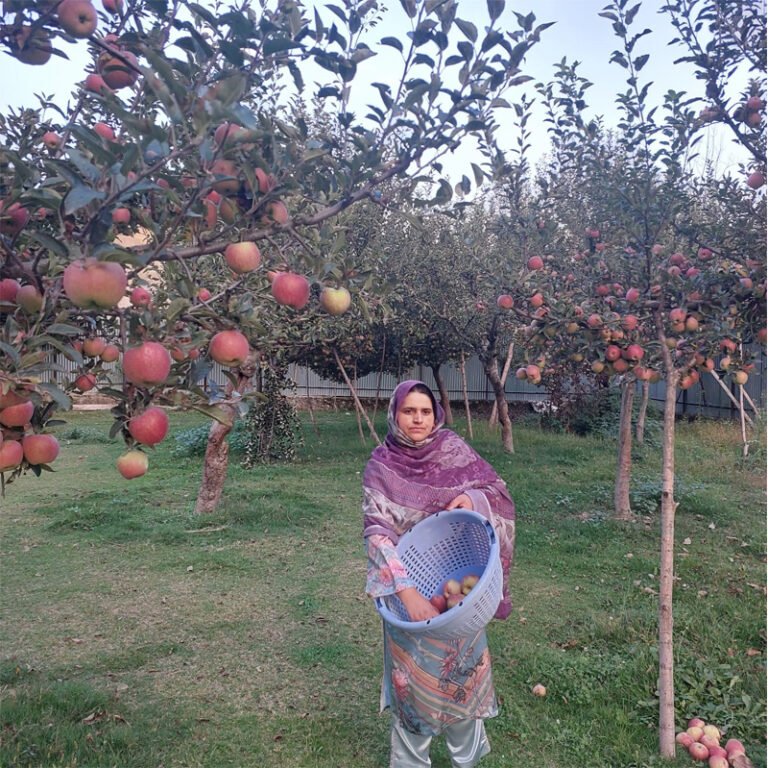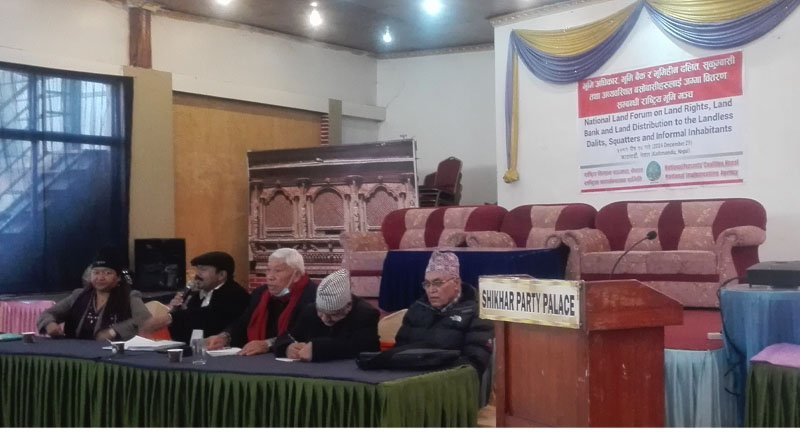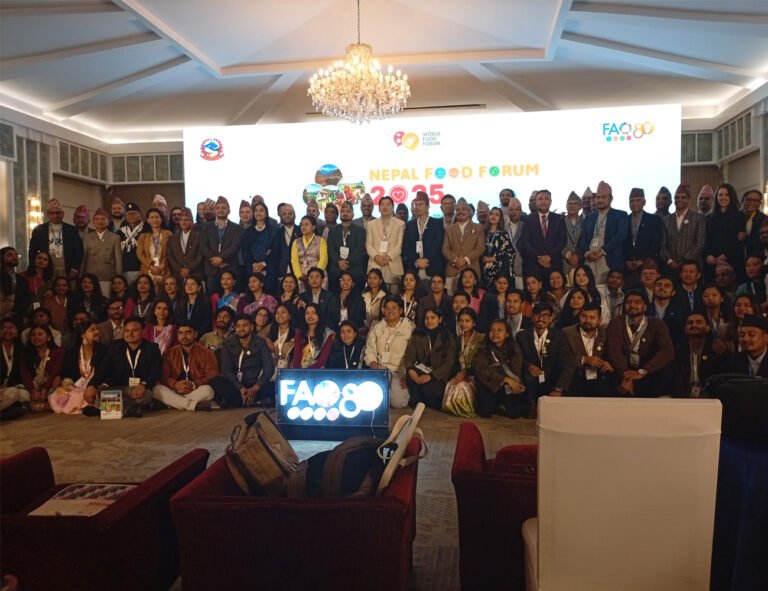
Kathmandu, Nepal, August 8, “MASIPAG and Stop Golden Rice Network once again register our collective resistance to corporate-led genetically modified organisms (GMOs) and their growing encroachment on our farms, seeds, and food systems. This day is not simply a remembrance of the historic action of more than 400 farmers in Bicol that decisively uprooted the highly dangerous Golden Rice in their community, but a continuation of a movement that asserts the right of the people to define and control their own food and agriculture.
The struggle against Golden Rice is part of a larger movement for food sovereignty, ecological justice, and national dignity. We believe that science and technology must serve the people, not the profits of a few. We believe that knowledge and seeds must remain in the hands of those who feed the nation. We believe that our future lies not in laboratories owned by corporations, but in the fields cultivated by farmers, the wisdom of communities, and the collective defense of our right to define our food and agriculture systems.”
On this 12th International Day of Action Against Golden Rice, MASIPAG and Stop Golden Rice Network once again register our collective resistance to corporate-led genetically modified organisms (GMOs) and their growing encroachment on our farms, seeds, and food systems. This day is not simply a remembrance of the historic action of more than 400 farmers in Bicol that decisively uprooted the highly dangerous Golden Rice in their community, but a continuation of a movement that asserts the right of the people to define and control their own food and agriculture.
Golden Rice, which has long been promoted as a technofix solution to the deeply rooted problem of malnutrition, represents more than just a single genetically engineered crop. It is emblematic of a broader strategy that displaces community-based and farmer-led solutions in favor of top-down, profit-driven interventions. The development and promotion of Golden Rice are tied to a global architecture of control that privileges corporate patents and scientific monopolies over local knowledge, biodiversity, and farmer autonomy.





Comment: